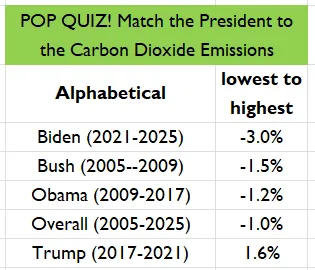The new climate restitution lawsuits enjoy advantages their predecessors didn’t. Although the lawsuits are ambitious in their goals, they are relatively modest in their tactics. The municipal and county lawsuits rest on middle-of-the-road tort law surrounding product liability and the “polluter pays” principle. The lawsuits claim that the Carbon Barons caused public and private nuisances when they failed to disclose the inherent dangers of fossil fuel combustion, dangers that they themselves have been aware of for decades. The opening line of the New York City complaint reads, “This lawsuit is based upon the fundamental principle that a corporation that makes a product causing severe harm when used exactly as intended should shoulder the costs of abating that harm.”
Mayor de Blasio’s comparison between his city’s lawsuit and the historic campaign to hold cigarette manufacturers liable for their decades of deception is an often-used analogy, and it’s spot-on. Like the 1990s-era suits filed by state attorneys general against Big Tobacco, the new cases against the Carbon Barons are taking advantage of recent scientific findings and fresh revelations regarding what the defendants knew and when they knew it.
Recent research has provided attorneys with the ability to draw a direct line from fossil fuel business operations to rising temperatures to consequences such as higher sea levels. In the Kivalina case, the district court judge observed that it would be difficult to determine any one company’s contribution to climate change harms. Since then, a 2013 peer-reviewed paper by Richard Heede, published in the journal Climatic Change, showed that it is possible to do this. Heede’s research concluded that the 20 largest investor-owned Carbon Barons have, over roughly the last 150 years, extracted a volume of fossil fuels large enough to produce nearly 30 percent of global emissions. The oil and gas extracted by the five companies named in the New York suit resulted in 181 gigatons of CO2 emitted into the atmosphere during the previous century and a half—or 12.5 percent of all human-caused greenhouse gases. Subsequent peer-reviewed research by Heede and collaborators has concluded that the collective business practices of some 90 fossil fuel corporations have driven nearly two-thirds of the observed increases in global surface temperatures. Although it can feel as if the invisible hand of the marketplace is driving global climate change, the Carbon Barons’ fingerprints are unmistakable.
…
The urgency of this attempt cannot be overstated. This effort to apportion responsibility is in a race against time and the implacable physics of Earth’s vast systems. The longer the Carbon Barons are able to delay justice, the sooner a worse judgment will come for all of us, the innocent as well as the guilty.
This article appeared in the May/June 2018 edition with the headline “The Case for Climate Reparations.”


